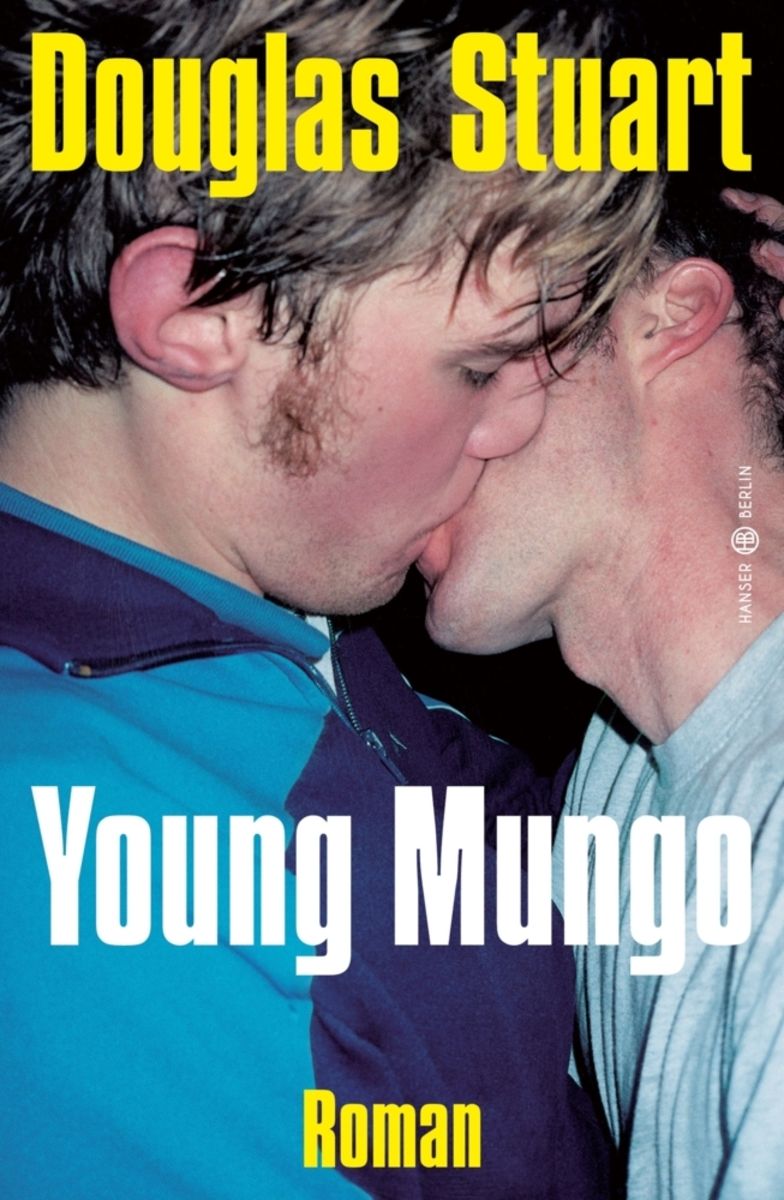

Jodie, Mungo’s sister, is a bright and ambitious young woman in a miserable and manipulative relationship with a teacher at school. The Hamiltons are Protestants, with the oldest brother, Hamish (known as “Ha-Ha”), the leader of a gang of teenagers who rob and intimidate the local Catholics.

They live on a Glasgow scheme rife with sectarian violence between the “Prodders” and the “Fenians”. Mungo Hamilton is the youngest of three children. There are sentences here that gleam and shimmer, demanding to be read and reread for their beauty and their truth. Young Mungo is a finer novel than its predecessor, offering many of the same pleasures, but with a more sure-footed approach to narrative and a finer grasp of prose. If Young Mungo doesn’t raise the same immediate thrill as Shuggie Bain – the sense of discovering a new voice of coruscating brilliance – there’s a richer, deeper pleasure to be gleaned here. It turns around the same basic friction: a young man growing up in grinding poverty who, because of talent, temperament and sexuality, is particularly ill-suited to the hard-edged world of the Glasgow schemes.

Stuart has opted for the latter course: Young Mungo is set in the same world and at more-or-less the same time as Shuggie Bain. Either they seek to prove their range with something entirely different, or they capitalise on that early success, giving readers more of what pleased them first time around. T he writer of a successful first novel – and they don’t come much more successful than Douglas Stuart’s Booker-winning Shuggie Bain– has two choices when it comes to the follow-up.


 0 kommentar(er)
0 kommentar(er)
